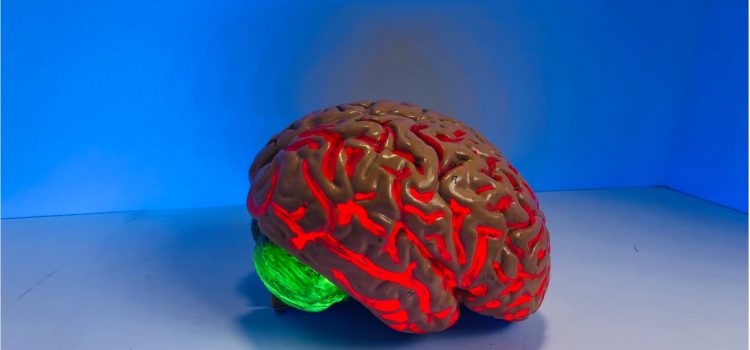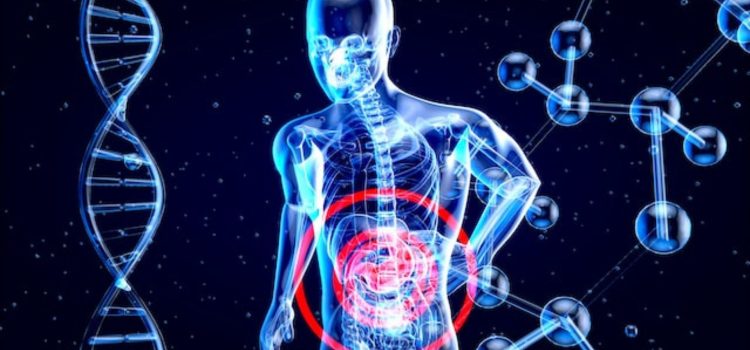Is nuclear energy safe? What are the main concerns associated with nuclear energy? Nuclear power is a reliable, consistent, and carbon-free fuel source. Furthermore, nuclear reactors require fewer materials to build. However, the public is understandably hesitant to use nuclear power as an energy source for the fear of radioactive events. Keep reading to learn about the pros and cons of nuclear energy.
Is Nuclear Energy Safe? The Concerns Are Overblown










